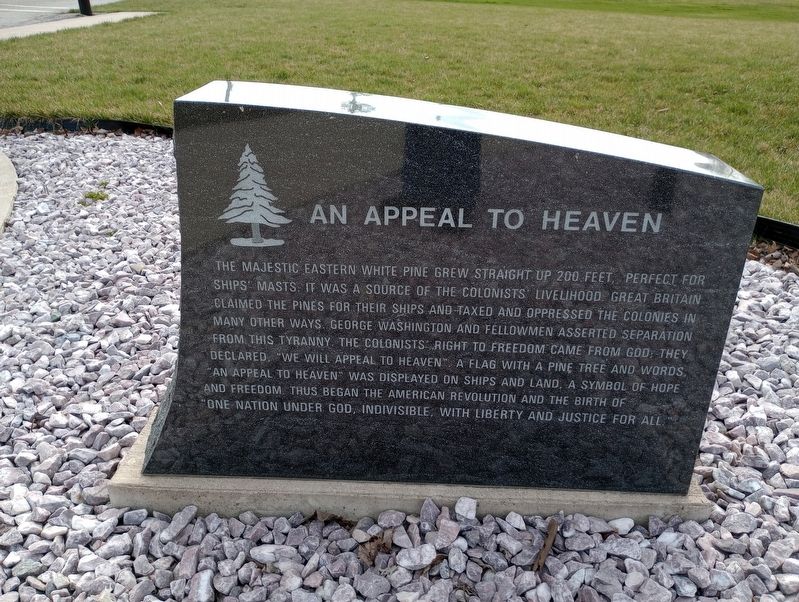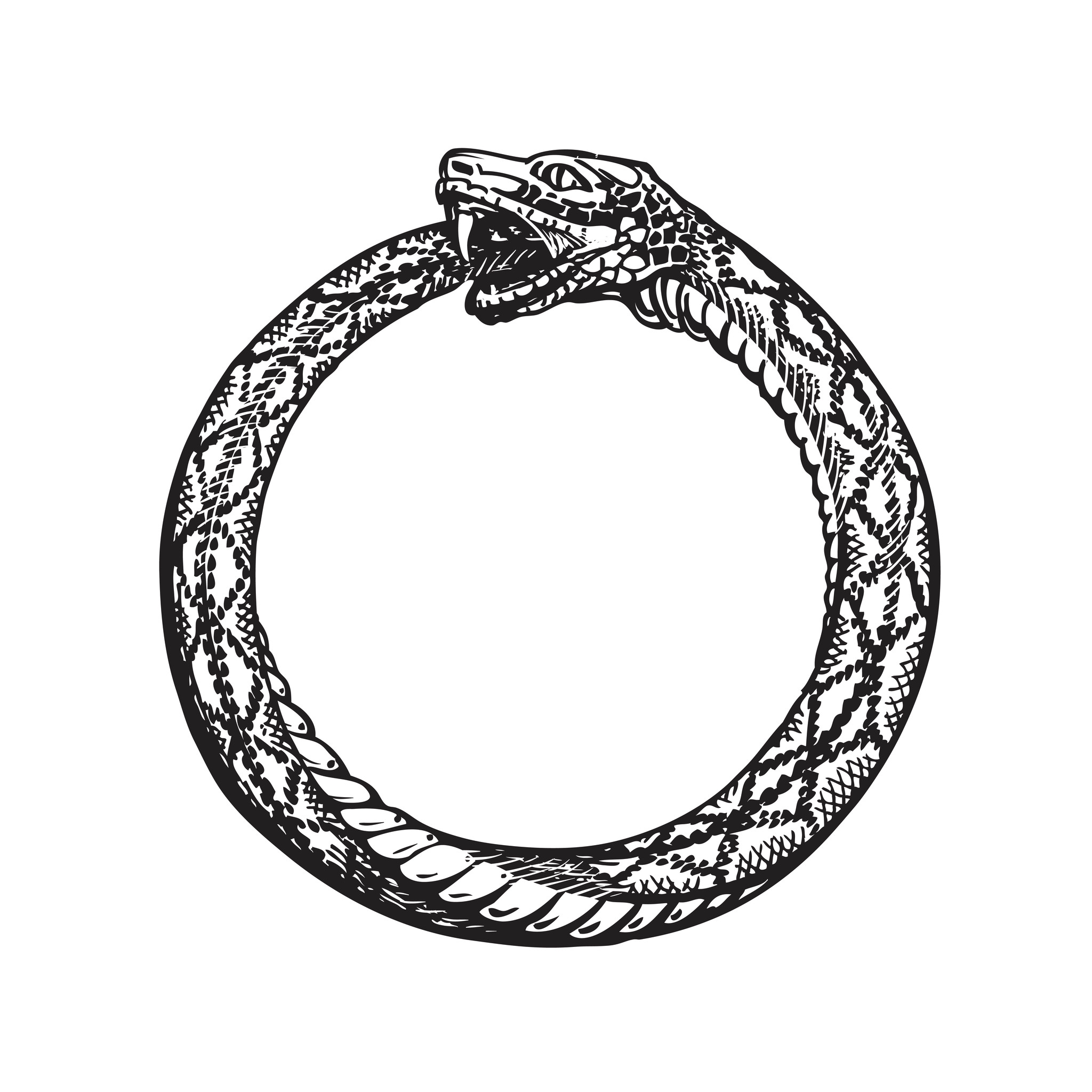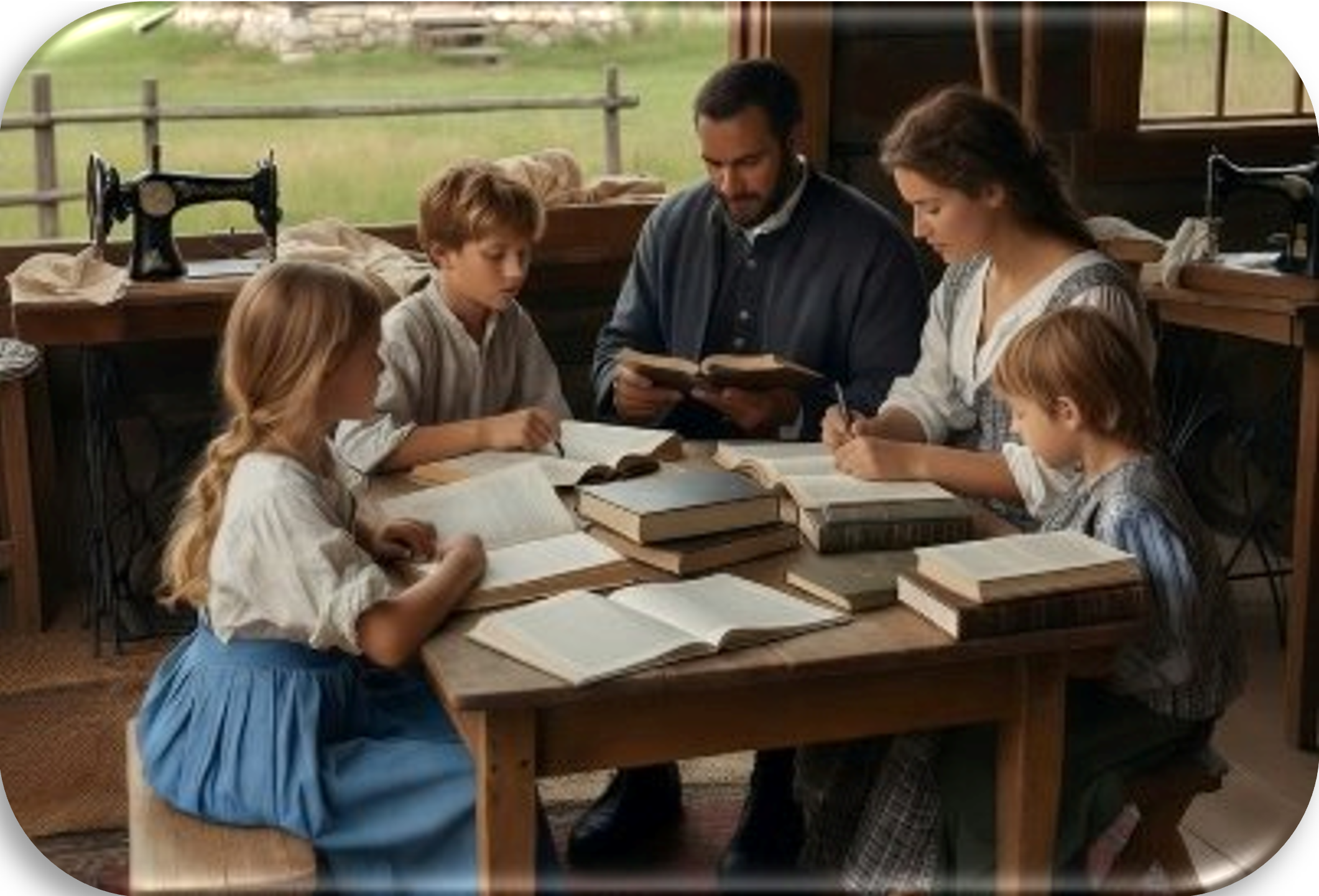Guest Opinion by Sue Gaston of Boise
A not-so-famous flag with a significant history made its debut before the Stars and Stripes of America. Early colonists continued to suffer from British overreach, theft and tyranny while many patriots were trying to hold the line. In 1775, when the British advanced on Massachusetts, George Washington knew we needed support by sea. He financed and commissioned a small squadron of ships to form a blockade against the mighty British Navy and he needed a unifying flag.
Colonel Joseph Reed was assigned the job, but meanwhile, a symbol of unity, liberty and resistance already existed. When the Crown came to plunder the forests of New England, the colonists used a green pine tree on white fabric as a warning signal. White pine lumber was essential, profitable and worth defending. Unjust laws, taxation and theft resulted in an uprising as townsmen and mill owners withstood the king’s thieves and ran them out of town.

Next, a familiar phrase was added on the white flag with the pine tree. It came from John Locke’s writings about tyranny. When justice is withheld or when someone exercises power without right, an “appeal to heaven” shall be made.
These stories and others inspired the simple, yet profound design.
Washington hoisted the flags on his Cruisers which had little chance against the British without the “appeal to heaven”. Providence prepared the way, and miraculously, one British ship full of ammunition was conquered!
The faith, prayers, courage, dedication, plans and grit of countless American patriots, peppered with miraculous victories, inspired hope during the American Revolution. The Appeal to Heaven flag is a symbol of God’s gracious Hand against all odds. Brave families pledged their lives, fortunes and sacred honor to secure liberty and justice for all. May these historic flags continue to wave over the United States of America, land of the free and home of the brave!
On a side note, how appropriate and ironic for Washington’s flag to adorn his warship’s wooden mast…made of the very pine that England sought to unjustly harvest! I think God smiled at that one.
And where the body of the people, or any single man, is deprived of their right, or is under the exercise of a power without right, and has no appeal on earth, then they have a liberty to appeal to heaven…
John Locke, Englishman
The Hand of Providence has been so conspicuous in all this, that he must be worse than an infidel that lacks faith, and more than wicked, that has not gratitude enough to acknowledge his obligations.
George Washington








